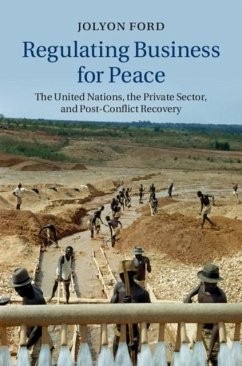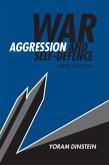This book addresses gaps in thinking and practice on how the private sector can both help and hinder the process of building peace after armed conflict. It argues that weak governance in fragile and conflict-affected societies creates a need for international authorities to regulate the social impact of business activity in these places as a special interim duty. Policymaking should seek appropriate opportunities to engage with business while harnessing its positive contributions to sustainable peace. However, scholars have not offered frameworks for what is considered 'appropriate' engagement or properly theorised techniques for how best to influence responsible business conduct. United Nations peace operations are peak symbols of international regulatory responsibilities in conflict settings, and debate continues to grow around the private sector's role in development generally. This book is the first to study how peace operations have engaged with business to influence its peace-building impact.
Dieser Download kann aus rechtlichen Gründen nur mit Rechnungsadresse in A, B, BG, CY, CZ, D, DK, EW, E, FIN, F, GR, HR, H, IRL, I, LT, L, LR, M, NL, PL, P, R, S, SLO, SK ausgeliefert werden.
Hinweis: Dieser Artikel kann nur an eine deutsche Lieferadresse ausgeliefert werden.









